Will AI Replace Doctors? This is a question that sparks intense debate as artificial intelligence (AI) rapidly transforms the healthcare landscape. From diagnosing diseases to assisting in surgeries, the capabilities of AI in medicine continue to grow. But can it truly replace human doctors? Let’s dive into the possibilities and limitations.
How AI is Revolutionizing Medicine
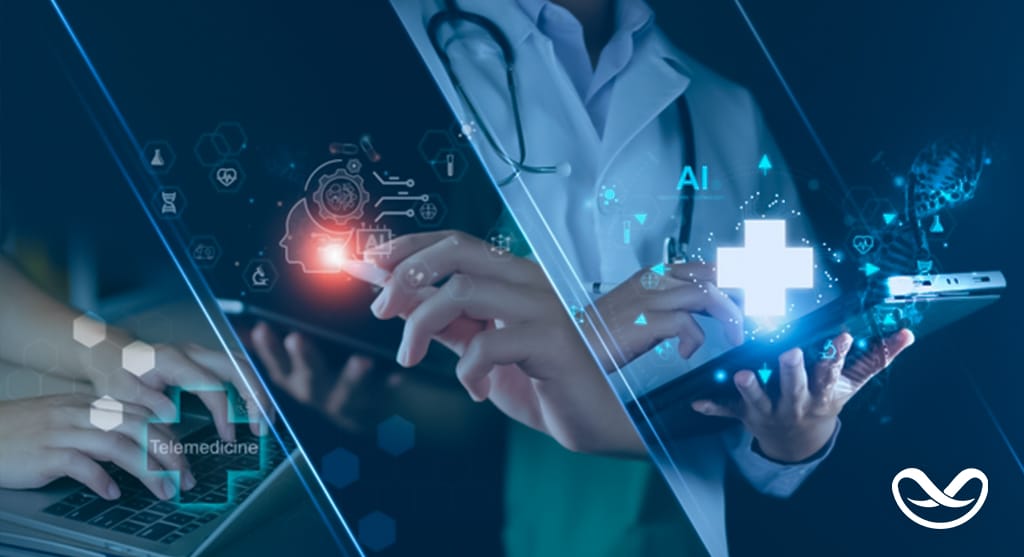
1. AI for Accurate Diagnoses
AI excels at analyzing massive amounts of data quickly and precisely. Tools like IBM Watson Health or Google DeepMind have demonstrated impressive accuracy in diagnosing conditions such as cancers, heart diseases, and rare disorders.
2. AI-Assisted Surgeries
Robotic systems like Da Vinci enhance surgical precision, helping doctors perform minimally invasive procedures. These systems operate with steady hands and assist surgeons with real-time data analysis.
3. Predictive Healthcare
AI-driven predictive models assess genetic data, medical histories, and lifestyle factors to identify potential health risks. This allows early intervention and personalized treatment plans.
Why Doctors Are Irreplaceable
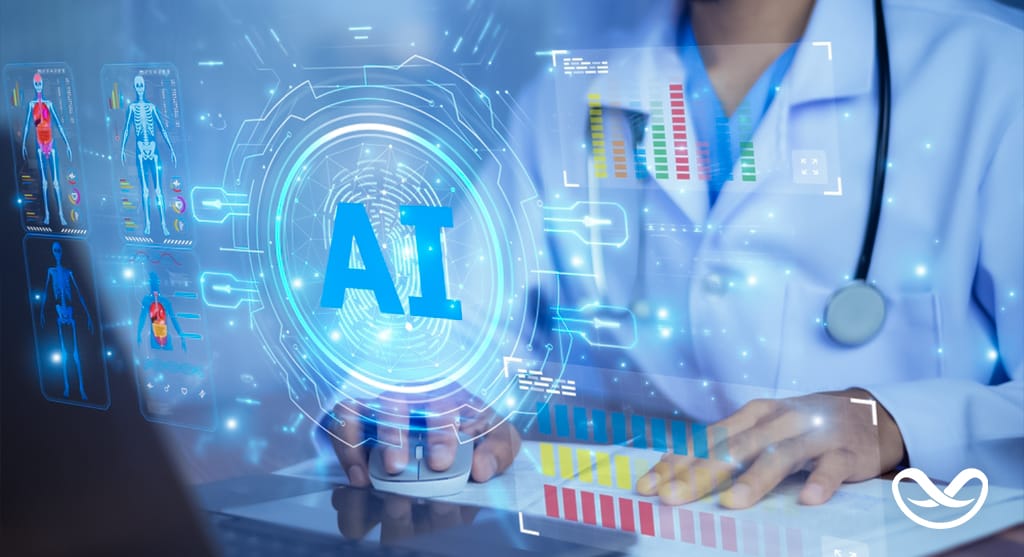
1. The Human Touch
AI lacks empathy, a cornerstone of patient care. Building trust, understanding emotional cues, and providing comfort are aspects that machines cannot replicate.
2. Ethical Decision-Making
Medical decisions often involve ethical complexities. While AI can suggest options, only human doctors can weigh these choices in light of cultural, emotional, and societal contexts.
3. Data Dependency
AI is only as good as the data it’s trained on. Incomplete or biased data can lead to errors, highlighting the need for human oversight to validate findings.
AI and Doctors: Partners, Not Rivals
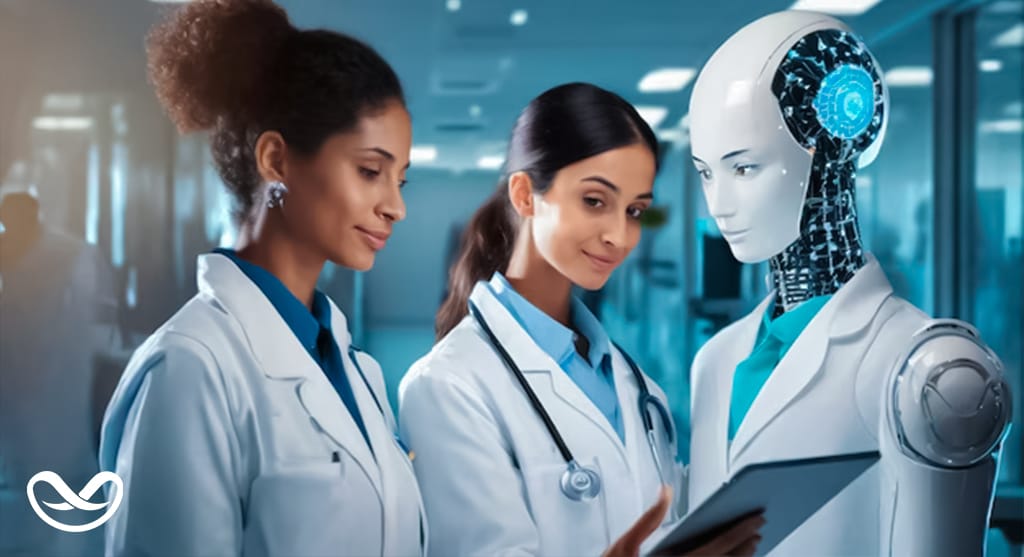
Rather than replacing doctors, AI enhances their capabilities. It allows them to focus on the human aspects of medicine while delegating repetitive and data-intensive tasks to machines. The future of healthcare lies in this symbiotic relationship, where human intuition and machine precision come together.
Conclusion
Will AI replace doctors? No, but it will redefine their roles. The human element in medicine remains irreplaceable, while AI serves as a powerful tool for improving diagnostics, treatments, and patient outcomes. Together, they can build a more efficient and compassionate healthcare system.



















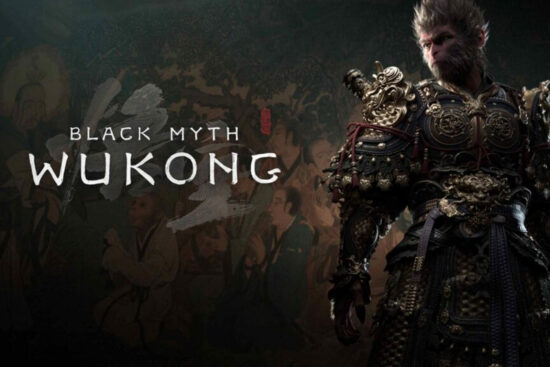
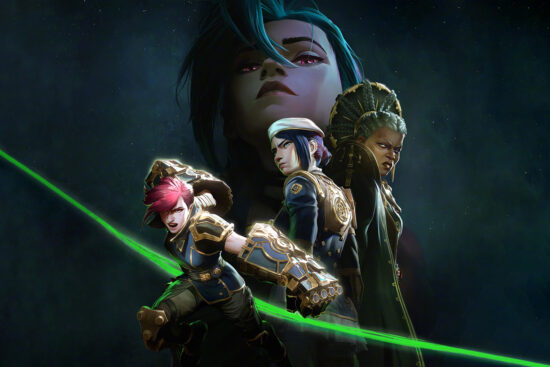




Leave a Reply